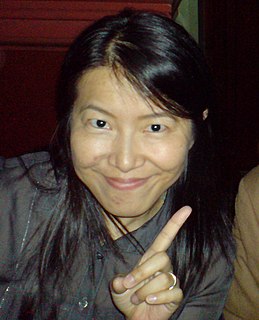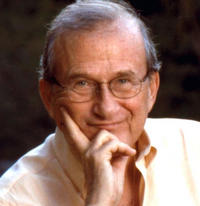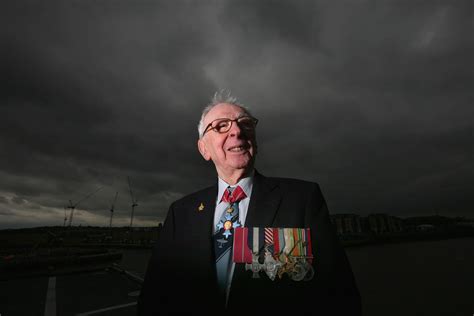A Quote by Thomston
I mainly get my inspiration for writing from everyday situations and I come up with hypothetical scenarios and I can usually write a lot about that.
Quote Topics
Related Quotes
I believe that if a child has a feel for writing and wants to write, there is an audience. Children should just dive in and go at it. I would encourage children to write about themselves and things that are happening to them. It is a lot easier and they know the subject better if they use something out of their everyday lives as an inspiration. Read stories, listen to stories, to develop an understanding of what stories are all about.
There isn't one thing in particular; rather, a lot of different things give me inspiration. I tend to come up with tunes when I do things that are not part of my daily routine, like traveling. But even during my everyday life, I come up with tunes when I'm emotionally moved. By looking at a beautiful picture, scenery, tasting something delicious, scents that bring back memories, happy and sad things... Anything that moves my emotion gives me inspiration.
I often tell people who want to write historical fiction: don't read all that much about the period you're writing about; read things from the period that you're writing about. There's a tendency to stoke up on a lot of biography and a lot of history, and not to actually get back to the original sources.
The secret to writing is just to write. Write every day. Never stop writing. Write on every surface you see; write on people on the street. When the cops come to arrest you, write on the cops. Write on the police car. Write on the judge. I'm in jail forever now, and the prison cell walls are completely covered with my writing, and I keep writing on the writing I wrote. That's my method.
I try to write a lot and my process is kind of back and forth. I procrastinate a lot so when I do sit down to write, I'm pretty lazy at it. And it's such a frustrating thing sometimes - writing - when you don't do it all the time, you get that thing in your head that you have nothing to talk about and you can't write songs.
Writing is not a great profession as a lot of writers proclaim. I write because this is something I can do. Another thing—very often I think a lot of writers write because they have failed to do other things. How many writers can’t drive? A lot. They’re not practical. They are not capable in everyday life.
































